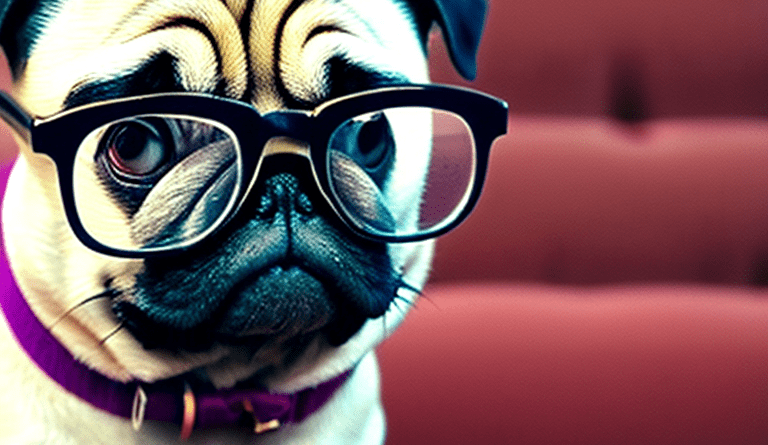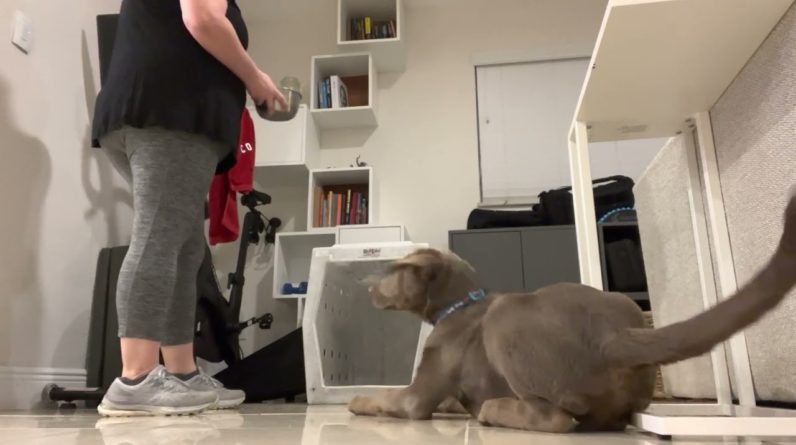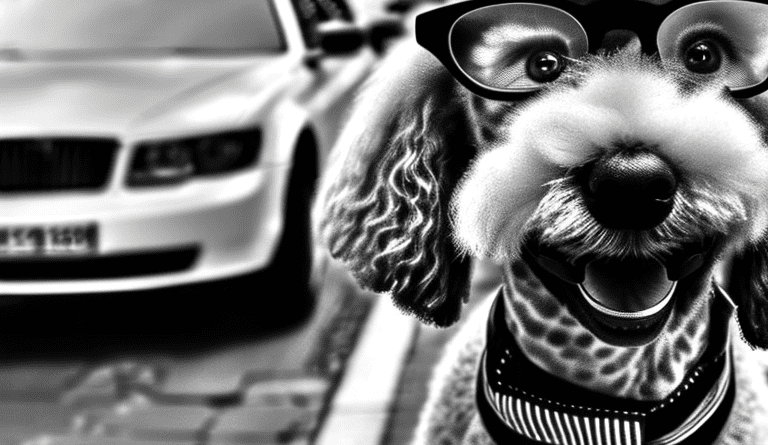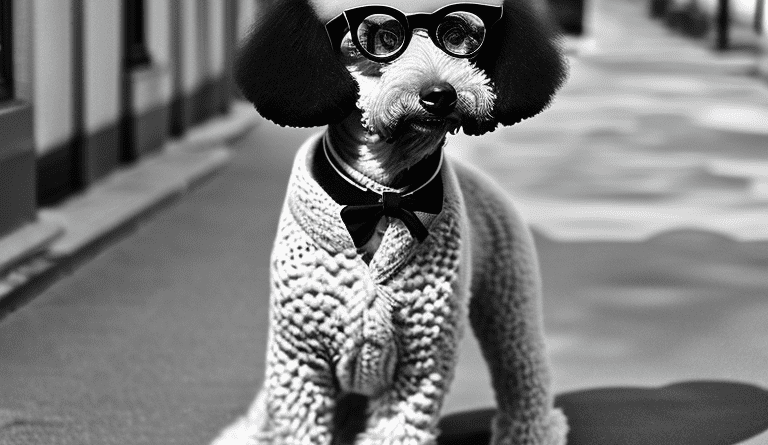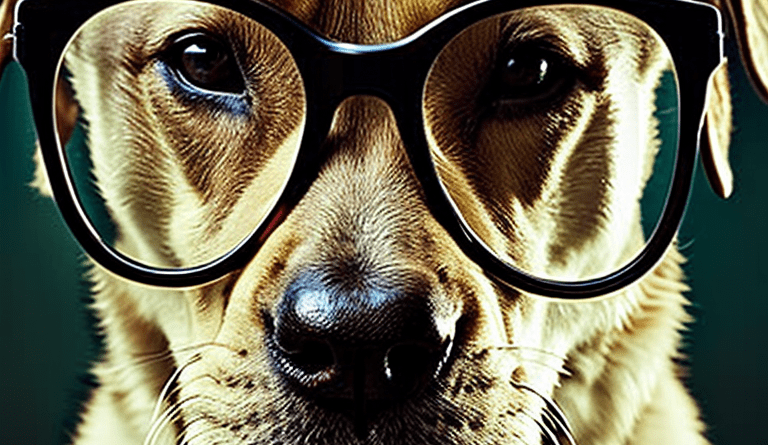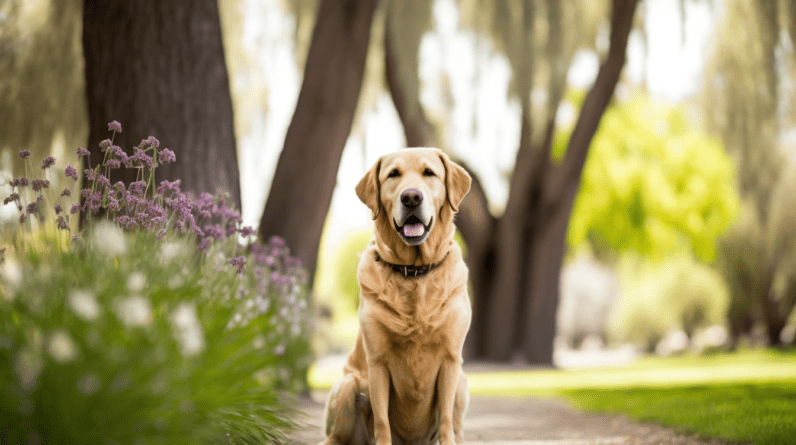
Introduction
Dog sports and competitions are becoming increasingly popular among pet owners as a way to bond with their furry friends and showcase their skills. From agility to obedience, there are a variety of competitions available to suit different interests and experience levels. However, participating in these events can come with its fair share of challenges. In this article, we will explore some of the most common challenges faced by dog owners in sports and competition and how to overcome them.
Challenges and Solutions
1. Lack of Training
One of the most significant challenges faced by dog owners in sports and competition is a lack of training. Without sufficient training, dogs may not understand the commands or be able to perform the tasks required in the events. This could lead to frustration for both the owner and the dog if they do not perform as expected.
Solution: The best solution to this challenge is to invest in good quality training. Enrolling in a training program can help build confidence and improve the dog’s skills. Training should be fun and engaging for both the owner and the dog. It should also be consistent and ongoing to maintain progress and avoid regression.
2. Injuries
Participating in dog sports and competition puts dogs at risk for injuries. Common injuries in these events include sprains or strains, fractures, or cuts. Injuries can be discouraging, and they may affect the dog’s performance in future events.
Solution: To prevent injuries, dog owners must ensure their dogs are in good physical condition before participating in events. They should also warm up and cool down their dogs before and after events. Dogs should also wear appropriate gear, such as paw protectors and jackets, depending on the event and weather conditions.
3. Nervousness or Anxiety
Another common challenge faced by dog owners in sports and competition is nervousness or anxiety. Dogs may feel overwhelmed or intimidated by the environment or the presence of other dogs, leading to poor performance.
Solution: To overcome nervousness or anxiety, it is essential to practice in environments similar to the competition setting. Dogs should also be exposed to other dogs and people to help build their confidence and resilience. Owners should also avoid putting too much pressure on their dogs, as this can cause anxiety or stress.
4. Lack of Focus
Dogs can easily become distracted in the competition environment, leading to a lack of focus on the task at hand. This can be frustrating for the owner, and it can lead to poor performance.
Solution: When training for competition, several distractions should be introduced to help the dog learn to focus on the task at hand. The environment should be similar to the competition setting, and other dogs and noises should be present to simulate the competition environment. Owners should also practice positive reinforcement techniques to reward good behavior and focus.
5. Health Issues
Dogs with underlying health conditions may not be able to participate in certain sports and competitions. Health issues such as arthritis, hip dysplasia, or obesity can affect a dog’s ability to perform in the events.
Solution: Before participating in any competition, it is essential to consult with a veterinarian to ensure the dog is in good health. The veterinarian can also recommend appropriate sports and competitions that are suitable for the dog’s health condition.
Conclusion
In conclusion, dog sports and competition can be a fun and rewarding experience for both the dog and owner. However, it is crucial to be aware of the common challenges that come with participating in these events. By addressing these challenges, such as a lack of training or anxiety, owners can help their dogs perform better and enjoy the events more thoroughly. By adequately preparing for these challenges and investing in good training and preventive measures, dog owners can ensure a positive and successful experience for both themselves and their furry friends.

How can I train my dog to focus during competitions?
Training your dog to focus during competitions requires:
– Consistent and focused training sessions.
– Setting up training scenarios that mimic the competition environment.
– Utilizing positive reinforcement techniques such as clicker training and offering high-value rewards.
– Building a strong foundation of obedience skills and gradually increasing distractions during training.
What can I do if my dog gets nervous during competitions?
To help ease your dog’s nervousness during competitions:
– Gradually expose your dog to the competition environment through practice and conditioning.
– Utilize various relaxation techniques such as deep breathing and massage.
– Implement desensitization exercises to gradually expose your dog to the sounds, smells, and sights commonly found in competition environments.
– Work with a professional dog trainer to help build your dog’s confidence and reduce their anxiety.
How can I maintain my dog’s physical fitness for competitions?
To keep your dog physically fit for competitions:
– Implement a regular exercise routine that includes a combination of cardiovascular, strength, and agility training.
– Provide a well-balanced and nutritious diet to fuel your dog’s activities.
– Regularly check your dog’s health and wellness through veterinary check-ups and monitoring any changes in behavior or mobility.
– Incorporate rest days into your dog’s training schedule to allow for proper recovery and muscle growth.

